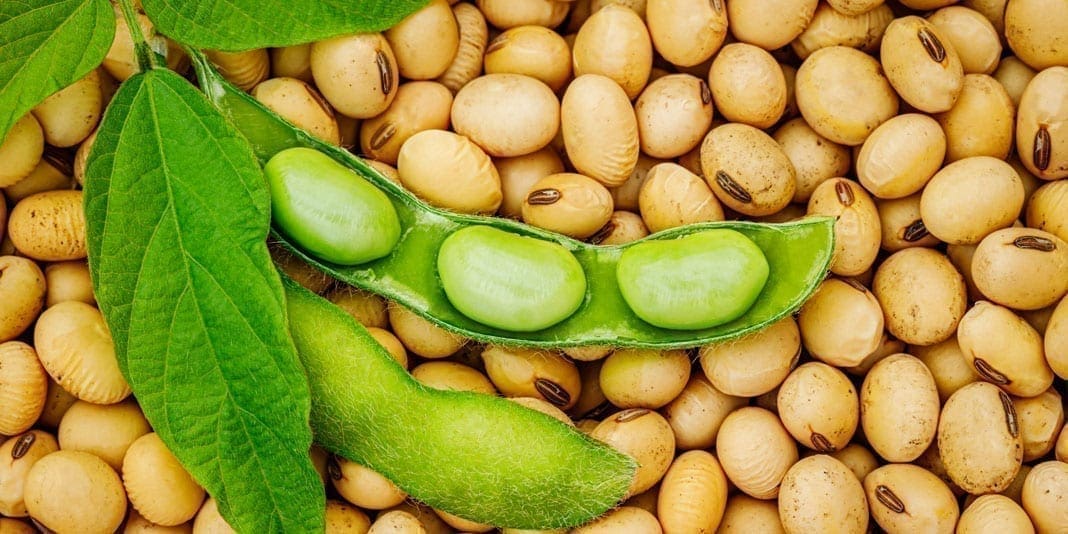Going vegetarian can daunt for most of us, especially if you’re just starting out. Where do you begin? If you’re thinking of starting a vegetarian diet for health or environmental reasons, you will run into one well-known problem: the challenge of getting enough protein on a diet that restricts meat. No need to worry, though — there are plenty of great meat-free, protein-rich options. You just need to know where to start.
Legumes
Stay with us on this legume lesson; all beans are legumes, but not every legume is a bean. Legumes are plants that grow their seeds in pods. Enough botany 101 — the important thing to know is that legumes and beans will get you the protein you need.
Here’s a health hack: complementary proteins. Proteins are made of amino acids, and each protein source has different types and amounts of amino acids. You want to get the most complete amino acids to replace meat, which is complete in terms of essential amino acids. This is where grains come in.
Grains
If you’re on the search for protein-rich ingredient combo, grains basically do an amino acid high-five with legumes — they have the amino acids that legumes lack and vice versa. Therefore the tried-and-true vegetarian recipe of beans and rice is so popular; the rice complements the amino acids that are found in the beans. Commence the amino acid high five.
Soy/Tofu/Tempeh
Soy is a legume, but it deserves its own category. Why’s that? Because most vegetarians don’t just eat soybeans, they eat soybean products like tofu and tempeh. The main component is soy in both of these items, but they are all slightly different.
Tofu is probably what you’re most familiar with. You can buy it in a variety of styles, but it tastes shockingly plain without being cooked and seasoned, so spice it up.
Tempeh is a staple of Asian cuisine. It has a lot of protein and a “meatier” flavor profile, plus it’s also high in B12 since it’s fermented, a vitamin that can be difficult to get for vegetarians. Tempeh makes a great vegetarian BBQ replacement (speaking from experience here).
Nuts/Seeds
Nuts are nutritionally dense and a good source of protein for vegetarians. They pack a lot of calories and a decent amount of fat, as well. Plus, they’re easy and tasty snacks, so extra points. Nuts are a convenient and portable source of protein for vegetarians. You can make your own trail mix or sprinkle some soy sauce over them and toast them yourself in the oven.
Another protein superpower ingredient, seeds are practically bursting with protein and minerals. Pumpkin seeds, chia seeds, and hemp seeds are some of the best sources of proteins for vegetarians. You can pair nuts and seeds with whole grains to make sure the amino acid profile is complete (remember the high five).
Dairy and Eggs
If you aren’t going vegan, most vegetarians are okay with dairy and eggs. Both have a high amount of protein and are complete protein sources. Greek yogurt and cottage cheese are staples of the vegetarian diet that are packed with protein.
The best way to succeed on a vegetarian diet and make sure you get your protein is to experiment. Keep your meals interesting — try eating a variety of different foods to get the benefit of mixing amino acids, and you’ll never have a protein problem to speak of.




































